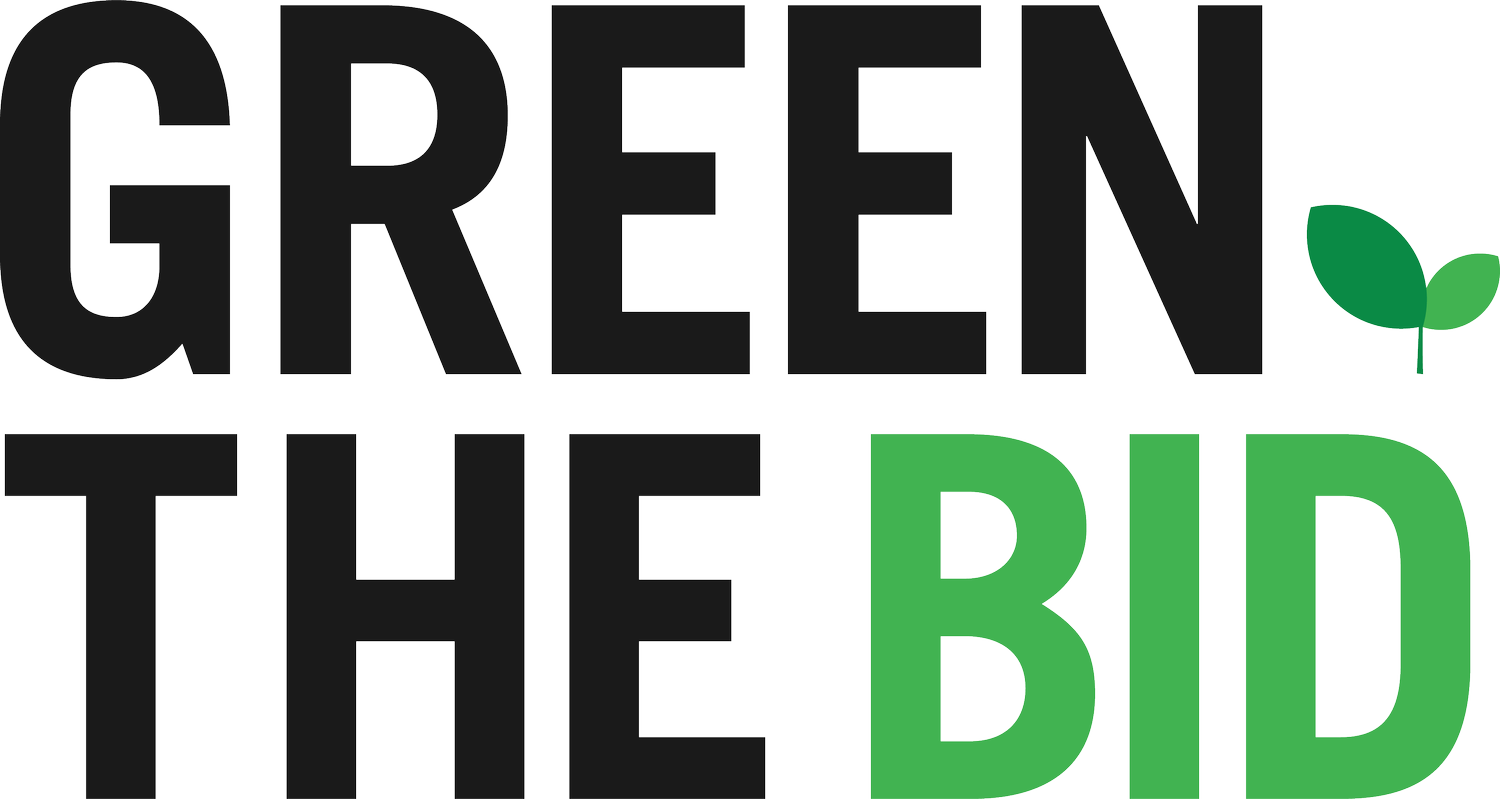Celebrating Green Crew Heroes! Miranda Romero, Head of Sustainability at The Lift in Mexico.
Green The Bid Crew Heroes is a series that highlights individuals who bring sustainable practices to any area of the production process, and seek to inspire others to do the same. Production can’t happen without all crew-members (both on set and off), and the same is true of their support of Green The Bid.
Green The Bid’s Jessie Nagel spoke with Miranda Romero, Head of Sustainability at The Lift, about rediscovering our connection to the planet and how her aunt’s fight for indigenous rights in Mexico inspired her to take action in her own industry.
J.N. Where did you grow up and how did it inform how you do your job today?
M.R. I was born and raised in Mexico City, one of the biggest cities in the world, therefore one of the most populated and polluted as well. What a lot of people don’t know is that is also one of the cities with most green areas. This is explained by understanding that there are many municipalities that are not really inhabited and where the main source of living comes from working the land. The city is surrounded by mountains, and has very high altitude, so it’s basically a cauldron for air pollution, and only manages to survive thanks to so many green areas. Growing up hearing about pollution, with one day no circulation car policies and warnings during the winter months for extreme poor air quality, has shaped my view on the climate emergency. There are areas where you can’t find a tree in many blocks, and others where people don’t have access to running water. All of that speaks of how far modern society has come to building cities without understanding our connection to nature.
J.N. What are some ways you are seeing shifts in Mexico in terms of how the industry is considering sustainability in the context of production?
M.R. I truly believe that we can find a balance between an industry dedicated to publicity and cinema, and sustainability. We have come to understand the deep effect our industry has in terms of waste, which is a huge problem in Mexico City. I think nowadays nobody wants to be part of the problem, they want to be involved in changing patterns. Mexican brands are realizing that people are shifting to buying products that align with better practices and they are focusing their marketing accordingly. And when people realize that the change can start with seemingly simple things, they easily jump on board and become involved. And once that happens, they become eager to find out more about how they can do better.
J.N. What things would you love more companies and individuals to adopt?
M.R. Banning single use plastics, not wasting food, having everyone bring their own thermo and actively fighting for equity and inclusivity on set and in our private lives, are 4 examples of actions that can have a real effect on the way our industry is shaped.
Understanding that we are living amidst a climate emergency, the best moment to do something was twenty years ago, the next best moment is now. By accepting this we can start holding accountable the billionaires, governments and companies that are the major polluters, and start incorporating better practices into our everyday life. Change will come when we stand together as an industry and demand a sustainable approach to our value chain.
J.N. What are the things you have changed in your own life to be more environmentally conscious?
M.R. Trying to buy local as much as possible, cutting down on meat and dairy, and communicating better practices to my network.
J.N. Who most influences you and inspires you when it comes to being socially and environmentally responsible in your work life and your personal life?
M.R. I grew up idolizing David Attenborough, Jane Goodall, and Jacques Cousteau, but as I grew older, I started to understand the darker side of the environmental fight and reading Naomi Klein and the fate of Berta Cáceres shaped my stance. My aunt, Margarita, worked her entire life to build a fair relationship between rural communities and buyers, bringing dignity and fair earnings to indigenous farmers, and it made me realize how deeply connected are the land and politics, and how it affects and shapes our environment. My aunt is an eco-fighter whose kindness and respect for indigenous communities has inspired me.
J.N. If you could do any other job - in the industry or otherwise - what would it be and why?
M.R. I already am! I started working in production and hospitality, and I’ve have quite a ride thanks to them. But now my focus is on helping bring better practices to the industry and The Lift has given me the opportunity to do so. I have a young toddler and the hope of a better future for him while I also feel fulfilled and excited has turned my gaze towards this career path.
----- Are you a crew hero or do you know one? We want to hear from you!





